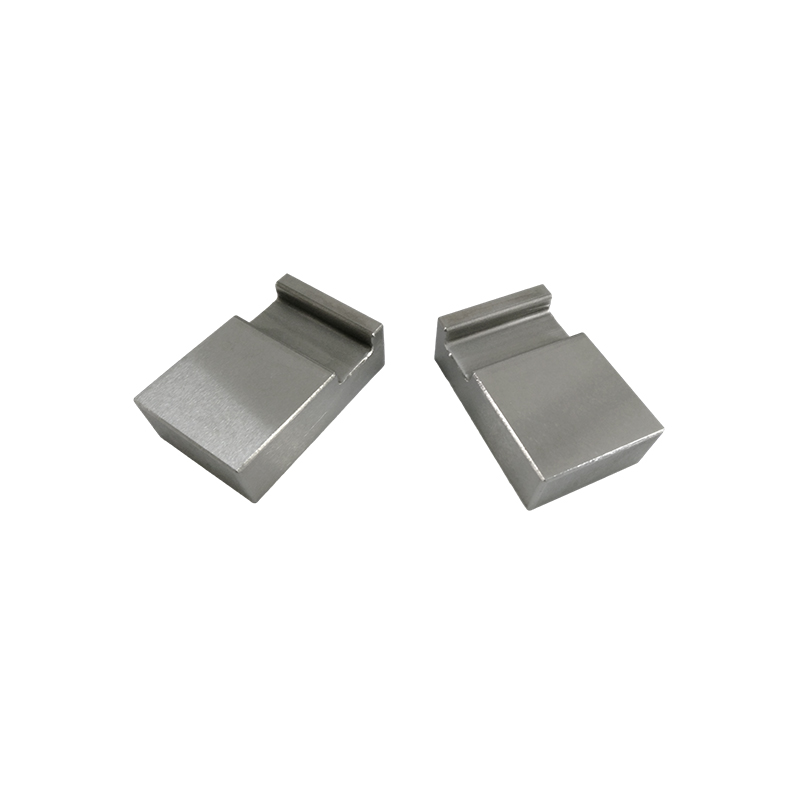
-

+86-18262333218
-

-

-

What are the mechanical properties of tungsten copper alloy, such as hardness, strength, and ductility?
Posted by Admin | 20 Mar
Tungsten copper alloy possesses a unique combination of mechanical properties that make it suitable for a wide range of specialized applications. Here are the key mechanical properties of tungsten copper alloy:
Hardness:
Tungsten copper alloy is renowned for its exceptional hardness, which is primarily attributed to the presence of tungsten, a hard and dense metal.
The hardness of tungsten copper alloy can vary depending on the composition and processing methods, but it typically ranges from 90 to 290 on the Vickers hardness scale.
This high hardness makes tungsten copper alloy suitable for applications where wear resistance, durability, and dimensional stability are essential, such as electrical contacts, electrodes, and machining tools.
Strength:

Tungsten copper alloy exhibits high tensile strength and compressive strength, making it mechanically robust and resistant to deformation under load.
The strength of tungsten copper alloy is influenced by factors such as the tungsten content, grain structure, and processing conditions.
Tungsten copper alloy can have tensile strengths ranging from approximately 350 MPa to 700 MPa, depending on the composition and manufacturing process.
This high strength makes tungsten copper alloy suitable for applications where structural integrity and reliability are critical, such as aerospace components, electronic packaging, and thermal management systems.
Ductility:
While tungsten copper alloy is relatively hard and strong, it also exhibits a degree of ductility, allowing it to deform plastically under applied stress without fracturing.
The ductility of tungsten copper alloy depends on factors such as the tungsten content, grain size, and processing conditions.
Tungsten copper alloy typically exhibits moderate ductility compared to pure copper, which is highly ductile but less strong.
The ductility of tungsten copper alloy allows it to be formed into various shapes and configurations through processes such as machining, forming, and brazing, enhancing its versatility and applicability in different industries.
Tungsten copper alloy offers a unique combination of hardness, strength, and ductility, making it a highly desirable material for applications where high mechanical performance, wear resistance, and dimensional stability are required. Its superior mechanical properties contribute to its widespread use in aerospace, electronics, automotive, and other demanding industries.
PREV:How does the cost of tungsten copper alloy compare to other materials with similar properties?
NEXT:What are the thermal and electrical conductivity properties of tungsten copper alloy ?
NEXT:What are the thermal and electrical conductivity properties of tungsten copper alloy ?
Let’s Talk About Your Project Needs








